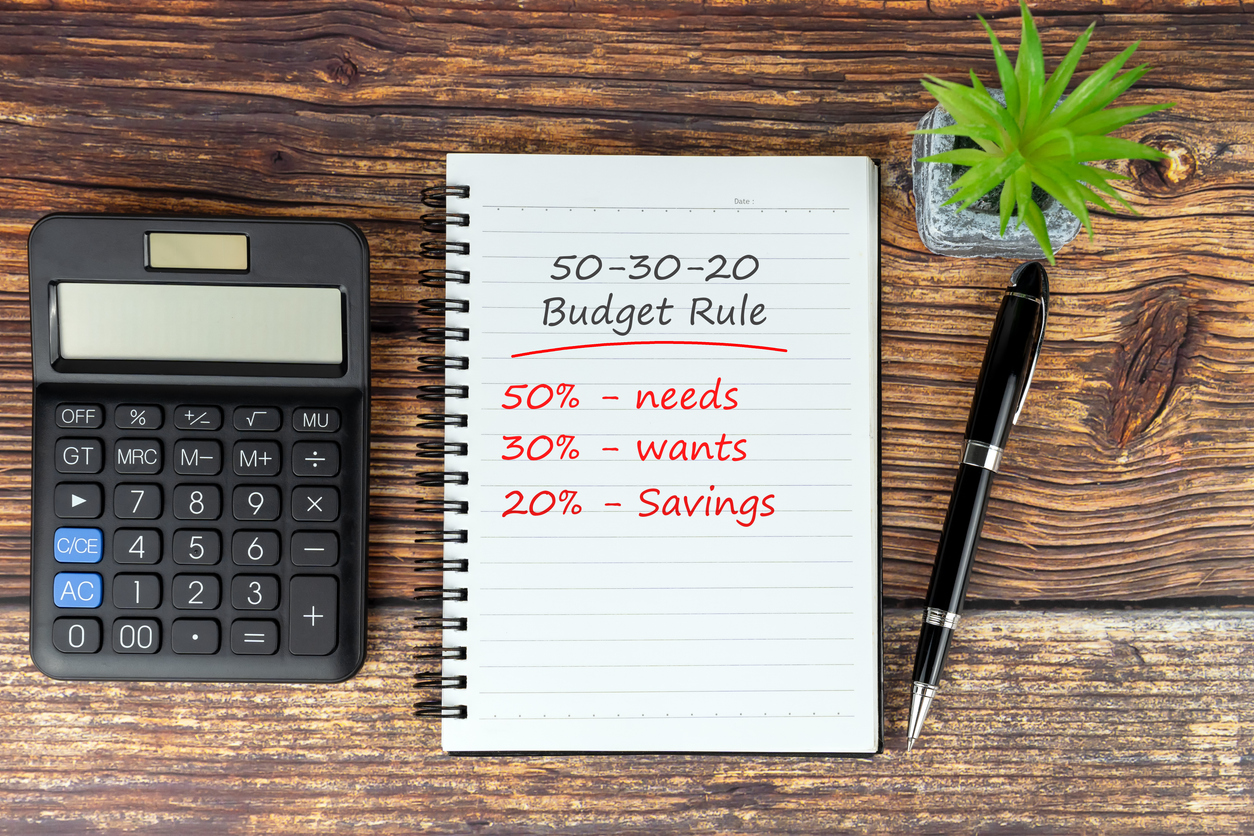First things first, we all make mistakes, some much more adverse and hurtful than others, but mistake making is a trait that makes us uniquely human.
Is your hesitance to say sorry because you haven’t or you don’t feel you should forgive yourself? Forgiveness isn’t just about accepting you’ve done something wrong. It’s about reflecting, learning, and putting in place practices to help make ourselves better at not damaging relationships in the future. Before building up to giving an apology, spend some time trying to unpick what it is that is holding you back. Doing this will not only be therapeutic for you, but you will also be able to prepare these resolutions into a sincere apology.
Another reason why someone may be stuck for words is that they may not feel they are in the wrong. This doesn’t mean you are necessarily in the right either, and shouldn’t be a justification to avoid a sincere discussion. Avoidance will breed negativity. Offer an olive branch to get both sides out in the open. You might have to face some problematic conversations, but it can be what is needed to start moving forward.
If you’re stuck for words because you’re anxious, words will get stuck when it comes to the delivery. There are different ways to open up the conversation. Try writing a letter to the person. A letter can either be posted or if you are feeling brave, you can read it aloud to them. Alternatively, ask someone neutral to both sides to act as a mediator. Sometimes having someone who can see both sides of the disagreement can help to offer some perspective.
Sorry might seem to be the hardest thing you say but it can also be the most powerful.



















